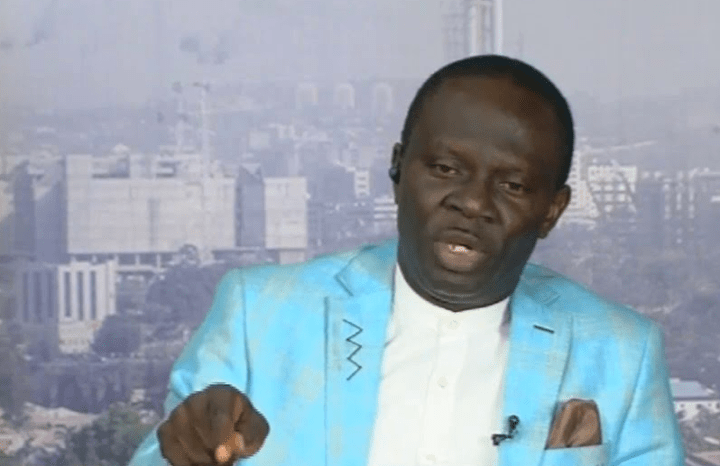The Edo State Commissioner for Information and Strategy, Prince Kassim Afegbua, has defended the composition of the newly inaugurated State Executive Council (SEC), describing it as a strategic move to enhance efficiency in governance and ensure that Governor Monday Okpebholo’s policies are effectively implemented across the state.
Speaking with journalists on Monday, Afegbua explained that the 27 commissioners who have been cleared, alongside one yet to be confirmed, represent the largest cabinet in the state’s history but insisted that its size is not excessive.
He maintained that what matters most is the impact of governance on the welfare of the people, not merely the number of ministries.
“When people talk about the size of governance and the cost of governance, what the issue is, is not necessarily the size. It is about whether what you are doing has an impact on the well-being of the people,” Afegbua said.
He further asserted that corruption remains the major challenge in public administration in Nigeria, emphasizing that the Okpebholo-led government is determined to run a transparent system.
“I think corruption is the bane of public service generally in Nigeria and elsewhere. But once we are able to cut the incidences of corruption, then you have solved the problem almost 70% and since the governor came on board, you live in this state.
“You agree with me that the man has been doing a lot of legacy projects and he has not held back contractors’ money,” he stated.
The commissioner also took a swipe at the immediate past administration of Governor Godwin Obaseki, alleging that its operations were largely opaque and many of its policies lacked clarity.
“This administration would not compromise its campaign promises,” Afegbua added, insisting that the new ministries are designed to add value to the state’s economy.
“I think people should be looking at whether those ministries created have value that they will add to the state economy, and if you ask me, they are not out of place,” he said.
Addressing questions on why it took nearly a year for the current administration to assemble a full cabinet, Afegbua attributed the delay to political considerations and pressure from various interest groups. He, however, clarified that governance had not been stalled during the period.
“The cabinet was already set up. It was not full-blown blown but it didn’t stop his work. He was working. They were holding exco meetings,” he explained.
“Also, pressure from different interest groups, political actors and all of that contributed to why the entire exco was not constituted. But that has been settled now, and he has also gone a step further to create additional ministries to be able to cover a wide spectrum of the economy,” Afegbua concluded















